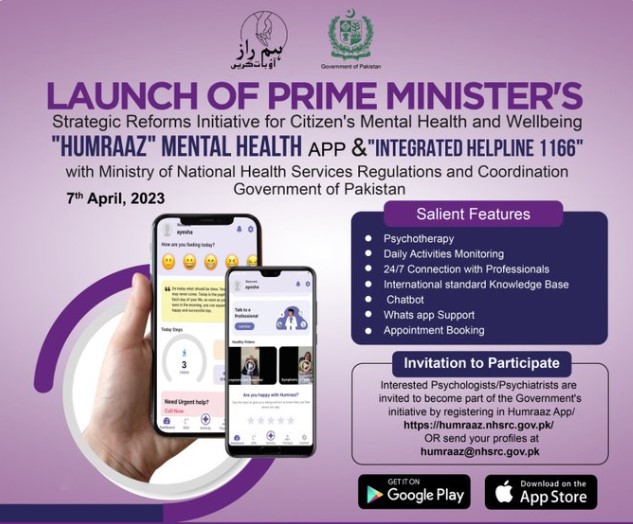WHO recommends against the use of non-sugar sweeteners to control body weight and reduce risk of noncommunicable diseases

The World Health Organization (WHO) has issued new guidelines on non-sugar sweeteners (NSS), advising against their use for controlling body weight or reducing the risk of noncommunicable diseases (NCDs). The guidelines are based on a systematic review of available evidence which indicates that long-term use of NSS does not confer any benefit in reducing body fat in adults or children. Additionally, the review found that prolonged use of NSS may have potential negative effects such as an increased risk of type 2 diabetes, cardiovascular diseases, and mortality in adults.
Francesco Branca, WHO Director for Nutrition and Food Safety, said, “Replacing free sugars with NSS does not help with weight control in the long term. People need to consider other ways to reduce free sugars intake, such as consuming food with naturally occurring sugars, like fruit, or unsweetened food and beverages… NSS are not essential dietary factors and have no nutritional value. People should reduce the sweetness of the diet altogether, starting early in life, to improve their health.”
The recommendation applies to all people except individuals with pre-existing diabetes and includes all synthetic and naturally occurring or modified non-nutritive sweeteners that are not classified as sugars found in manufactured foods and beverages, or sold on their own to be added to foods and beverages by consumers. Common NSS include acesulfame K, aspartame, advantame, cyclamates, neotame, saccharin, sucralose, stevia and stevia derivatives.
The recommendation does not apply to personal care and hygiene products containing NSS, such as toothpaste, skin cream, and medications, or to low-calorie sugars and sugar alcohols (polyols), which are sugars or sugar derivatives containing calories and are therefore not considered NSS.
Given that the link between NSS and disease outcomes might be complicated by baseline characteristics of study participants and complicated patterns of NSS use, the recommendation has been assessed as conditional. As such, policy decisions based on this recommendation may require substantive discussion in specific country contexts, linked for example to the extent of consumption in different age groups.
The WHO’s guideline on NSS is part of a larger series of existing and forthcoming guidelines on healthy diets that aim to establish lifelong healthy eating habits, improve dietary quality, and decrease the risk of NCDs worldwide.


